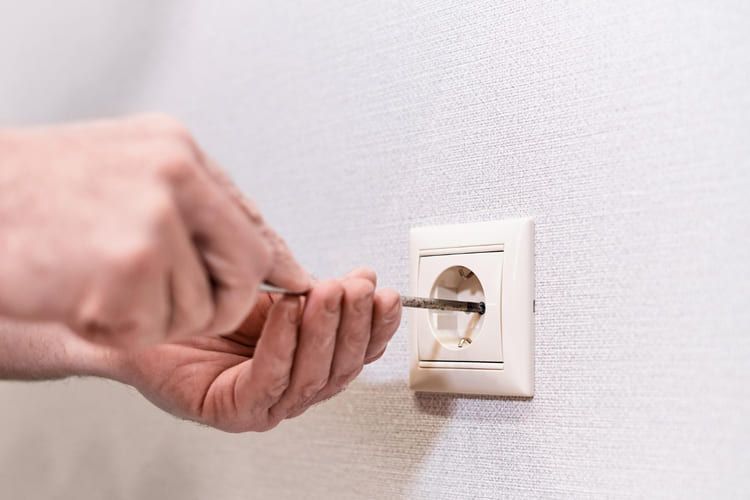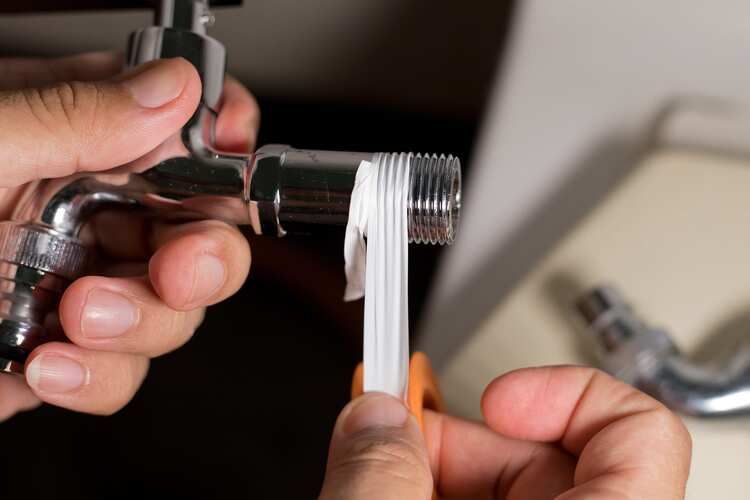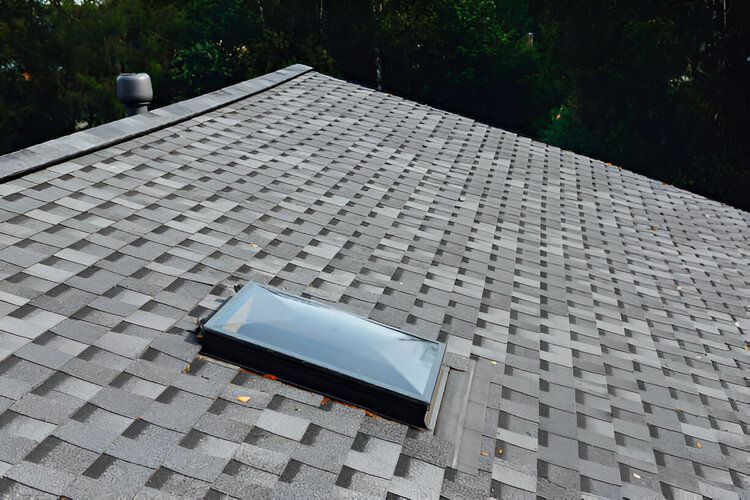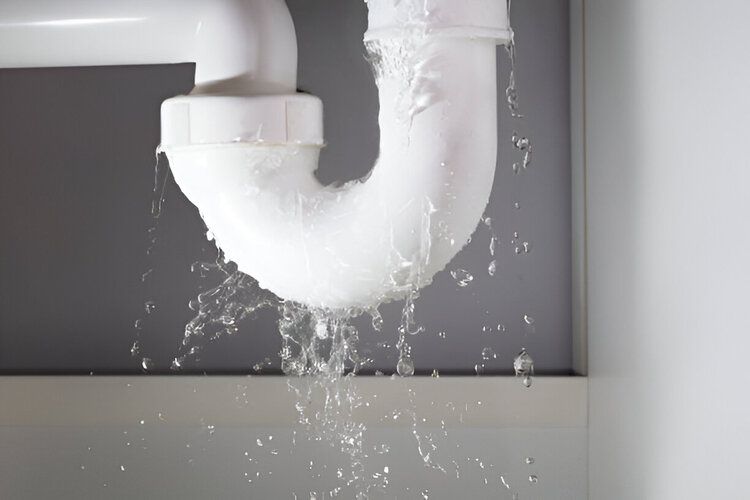Refer a Friend

Have you ever touched a plugged-in metal object in your home and felt a jolt? If so, this could be a sign of an issue with your electrical system—specifically, an ungrounded circuit. When a system isn’t properly grounded, the risk of electrical shock increases significantly. Common household fixtures that may be affected include: Lamps Ceiling fans Water pipes Furnace ductwork However, it’s important to differentiate between a true electrical shock and a harmless static electricity zap. A small static discharge is not a safety concern, but a real electrical shock is serious and should be addressed by a professional electrician. If you suspect an issue, don’t hesitate to seek expert help.

Revamping an older home can feel overwhelming, especially when you're trying to keep costs low. However, even small upgrades can make a big difference. Swap out old cabinet knobs or handles in the kitchen and bathroom for a modern touch. Updating light fixtures with matching metal finishes can also create a more cohesive look. Another impactful change is refinishing the staircase—since it’s often a focal point, replacing worn-out carpet with fresh wood or a stylish runner can instantly modernize the space. Want more renovation or home-selling tips? Reach out to us today!

While winter may still be lingering, spring is just around the corner—making it the perfect time to get your deck ready for the warmer months. If you’re planning to paint or stain it, start by inspecting its condition. Check the surface, as well as the spaces between and underneath the planks, for any signs of rot or splitting. Damaged boards should be replaced before making any cosmetic updates. Next, look for any exposed nails or screws and swap them out to ensure a smooth, safe surface. Finally, give the deck a thorough cleaning before applying a fresh coat of stain or sealant. Want more home improvement tips? Get in touch with us today!

Minor plumbing issues can be frustrating, but you don’t always need a plumber for a quick fix. Masking tape can serve as a temporary solution for small leaks or loose fittings. If you notice a minor pipe leak, wrapping masking tape tightly around the affected area can help slow down water seepage until a permanent repair is made. It can also provide extra grip when securing fixtures or holding parts in place while sealing dries. While not a long-term fix, masking tape can be a handy tool for minor plumbing emergencies. For serious plumbing issues, always consult a professional!

Your roof won’t last forever, but knowing its expected lifespan can help you plan for maintenance or replacement. While most roofs last between 20 and 25 years, several factors influence their durability. The quality of materials, exposure to harsh weather, regular maintenance, and the original installation all play a role in determining longevity. If you’re unsure whether to repair or replace your roof, consider whether the fix will significantly extend its lifespan or if a full replacement is the better investment.

A leaky faucet is a common household issue that’s often easy to fix. Over time, washers, seals, and O-rings wear out, leading to drips. If you have a compression faucet, start by removing the decorative cap, unscrewing the handle, and replacing the seat washer and O-ring. For a ball-type faucet, you’ll need a replacement kit. Remove the handle, cap, and cam, then replace the O-rings, valve seats, and springs before reassembling. With the right tools, you can stop that annoying drip in no time!



